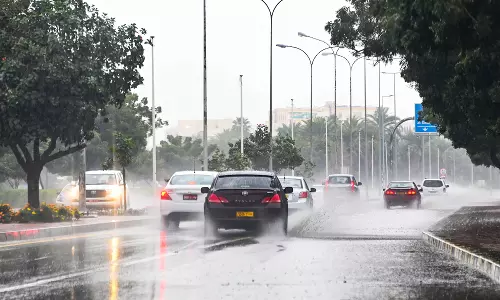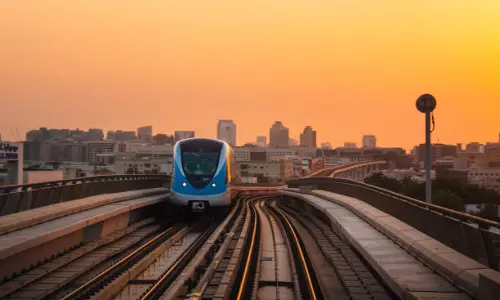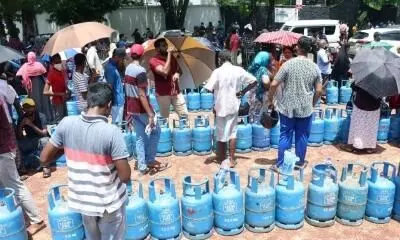
Sri Lanka's economy to shrink 4 per cent in 2023: World Bank
text_fieldsColombo: The World Bank informed that the Sri Lankan economy is to contract by 4.3 per cent in 2023. This is because the demand continues to be subdued, job and income losses intensify, and supply-side constraints adversely affect production, IANS reports.
The country's heightened fiscal, external, and financial imbalances, along with its chaotic political situation, cause uncertainty in its economic outlook, the World Bank said.
In its twice-a-year update, World Bank stressed that there is a need to address the root cause of the country's economic crisis, and a strong and resilient economy must be built to prevent future crises.
The economic crisis in Sri Lanka has had deep impacts with over half a million jobs lost and 2.7 million additional people falling into poverty between 2021 and 2022," said Faris H. Hadad-Zervos, World Bank country director for Maldives, Nepal, and Sri Lanka.
"The prolonged recovery from the scarring effects of this crisis, in addition to a slow debt restructuring process, limited external financing support, and an uncertain global environment, pose significant risks to the country's economic growth," the country director said.
Sri Lanka will keep facing challenges this year and the next, with a low-level external trade equilibrium, which could create a contagion effect on domestic trade, economic activity, jobs and incomes, the World Bank warned.
Strong and effective implementation of the government's reform program, supported by financing from international partners, could boost confidence and attract fresh capital inflows that are key to improving job prospects and restoring livelihoods, said the World Bank.
As Sri Lanka is still undergoing its worst-ever economic crisis since its independence in 1948, the island nation last month had finally secured a $2.9 billion bailout from the International Monetary Fund (IMF), which came as a lifeline for the island nation that has billions of dollars in loans.
The Covid-19 pandemic, rising energy prices, populist tax cuts and inflation of more than 50 per cent have battered Sri Lanka.
A shortage of medicines, fuel and other essentials also pushed the cost of living to record highs, triggering violent nationwide protests which overthrew the Gotabaya Rajapaksa government in 2022.
Thus the country defaulted on its debts with global lenders for the first time in history last May.























